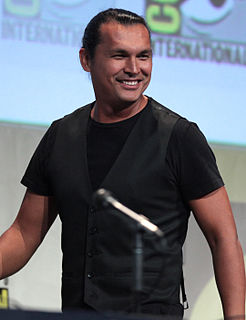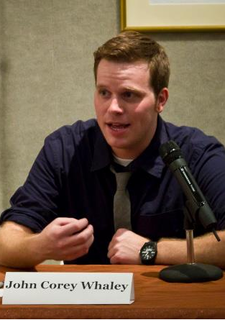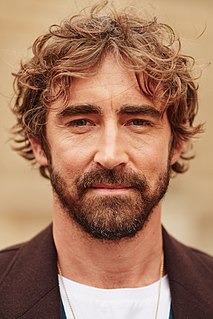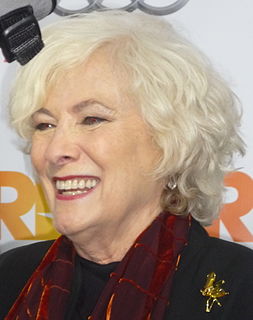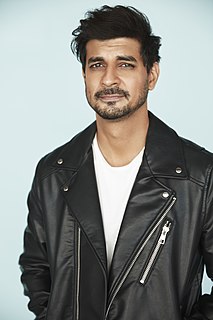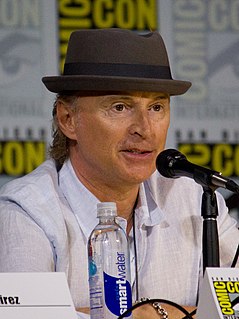A Quote by Danny Boyle
I have this theory that your first film is always your best film in some way. I always try to get back to that moment when you're not relying on things you've done before.
Related Quotes
Your first film is always your best film, in a way. There's something about your first film that you never ever get back to, but you should always try. It's that slight sense of not knowing what you're doing, because the technical skills you learn - especially if you have a film that works, that has some kind of success - are beguiling. The temptation is to use them again, and they're not necessarily good storytelling techniques.
When you're making a film, you don't really have time to consider what the whole of your film is. And then, when you're releasing your film and promoting your film, you're looking at it in a different way. Then, as you move away from it, you start to look at it objectively and think, 'What could I have done better?'
Your mind has a way of not letting you forget things you wish you could. Especially with people. Like, you'll always try your best to forget things that people say to you or about you, but you always remember. And you'll try to forget things you've seen that no one should see, but you just can't do it. And when you try to forget someone's face, you can't get it out of your head.
I don’t use an exposure meter. My personal advice is: Spend the money you would put into such an instrument for film. Buy yards of film, miles of it. Buy all the film you can get your hands on. And then experiment with it.That is the only way to be successful in photography. Test, try, experiment, feel your way along. It is the experience, not technique, which counts in camera work first of all. If you get the feel of photography, you can take fifteen pictures while one of your opponents is trying out his exposure meter.
I think the first film you do with your instincts because you haven't learned with another director or you haven't worked on other films, so you tend to do things your own way. I think what I learned the most was to take your time, to try to be less rushed into things and have some distance with what you're doing.


